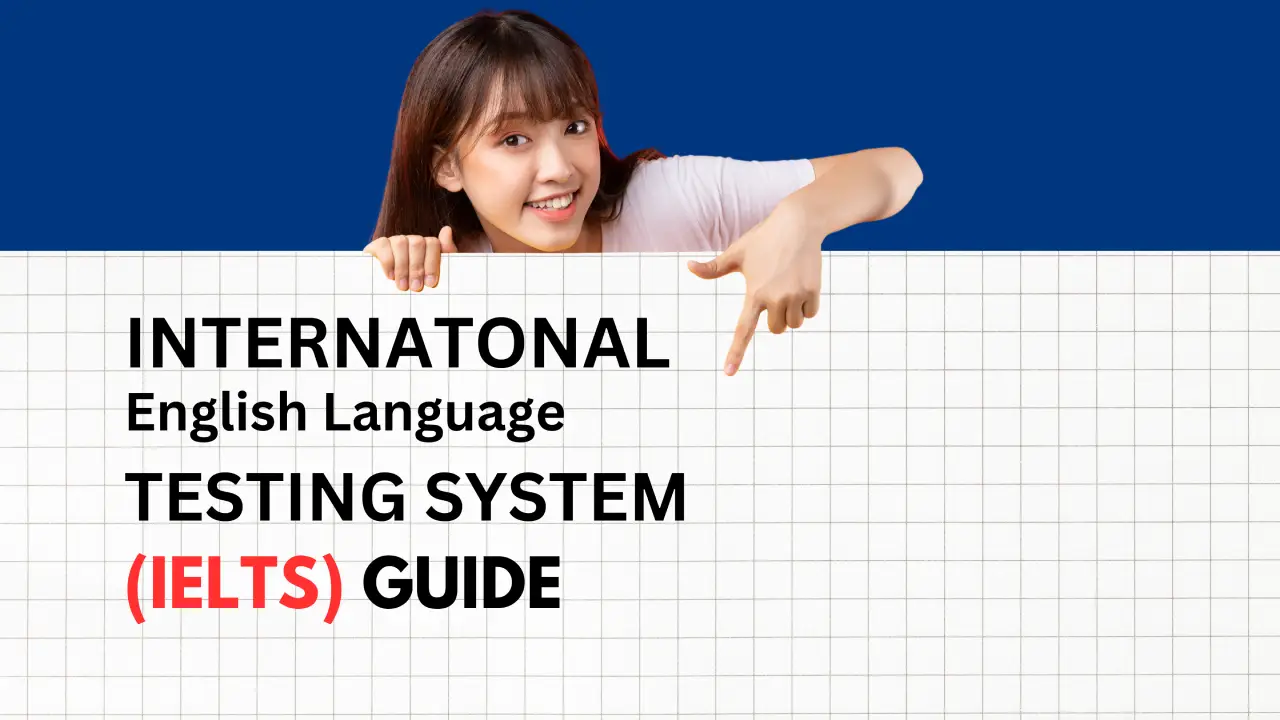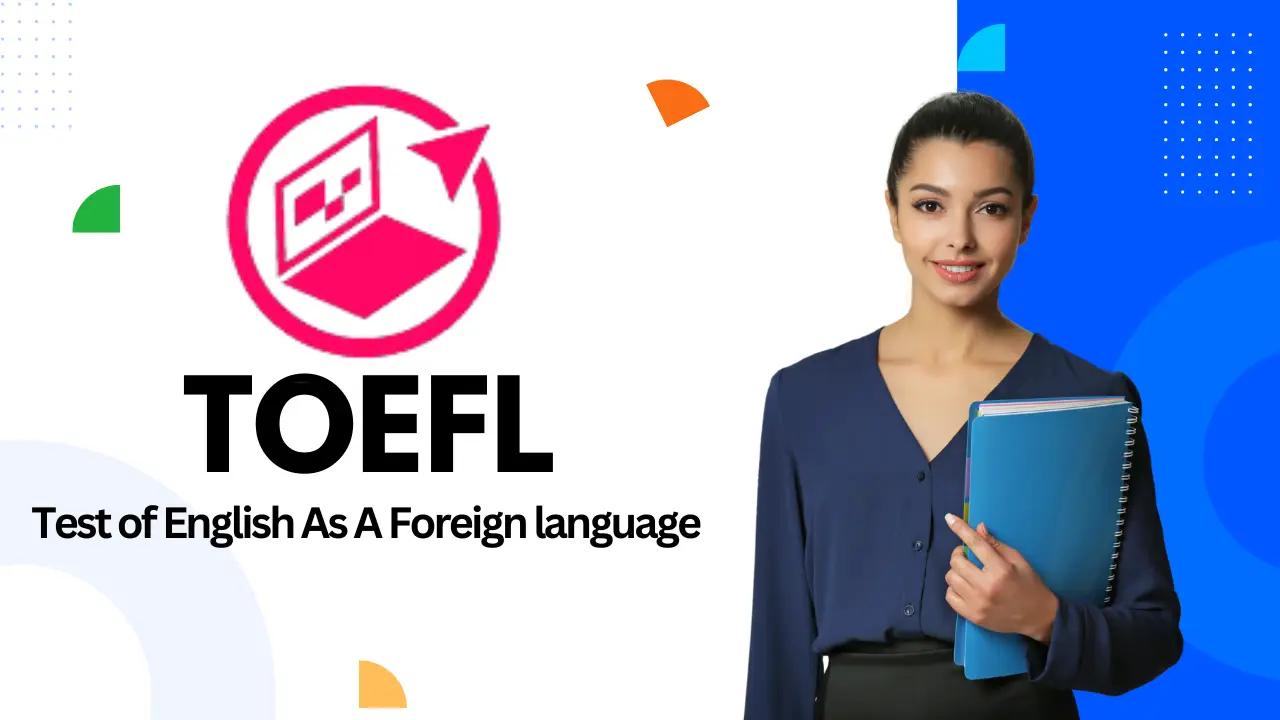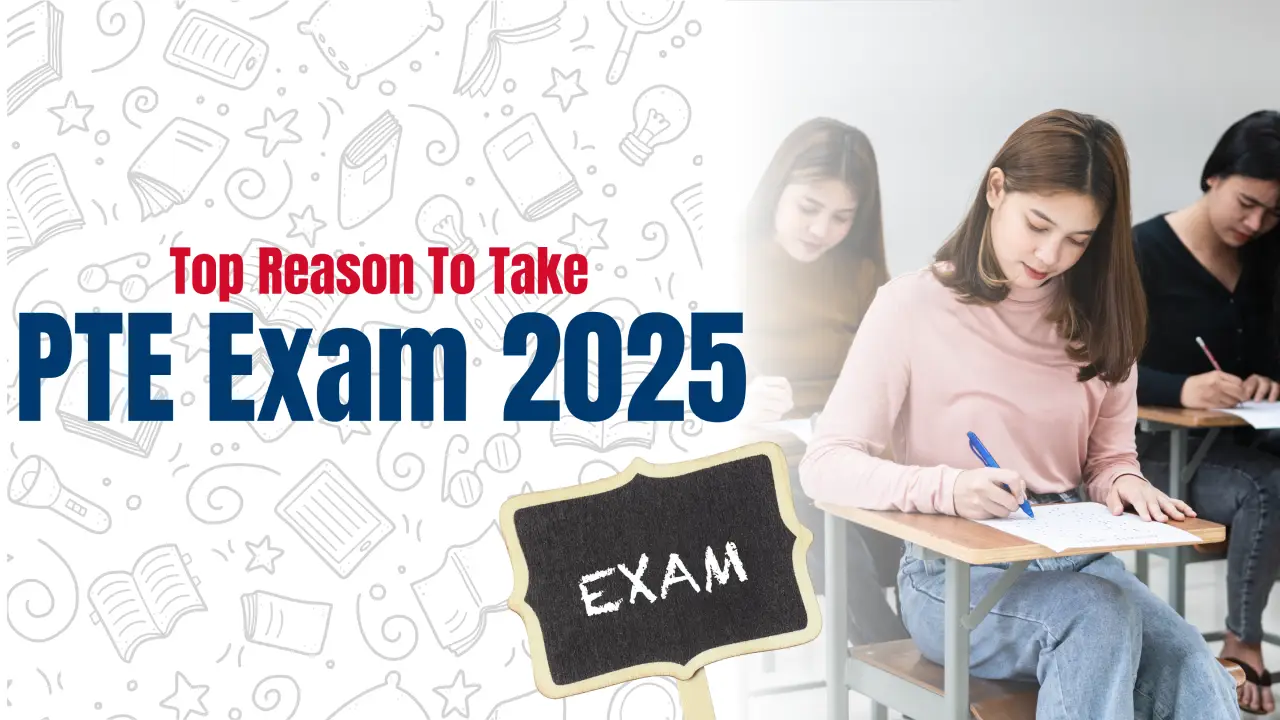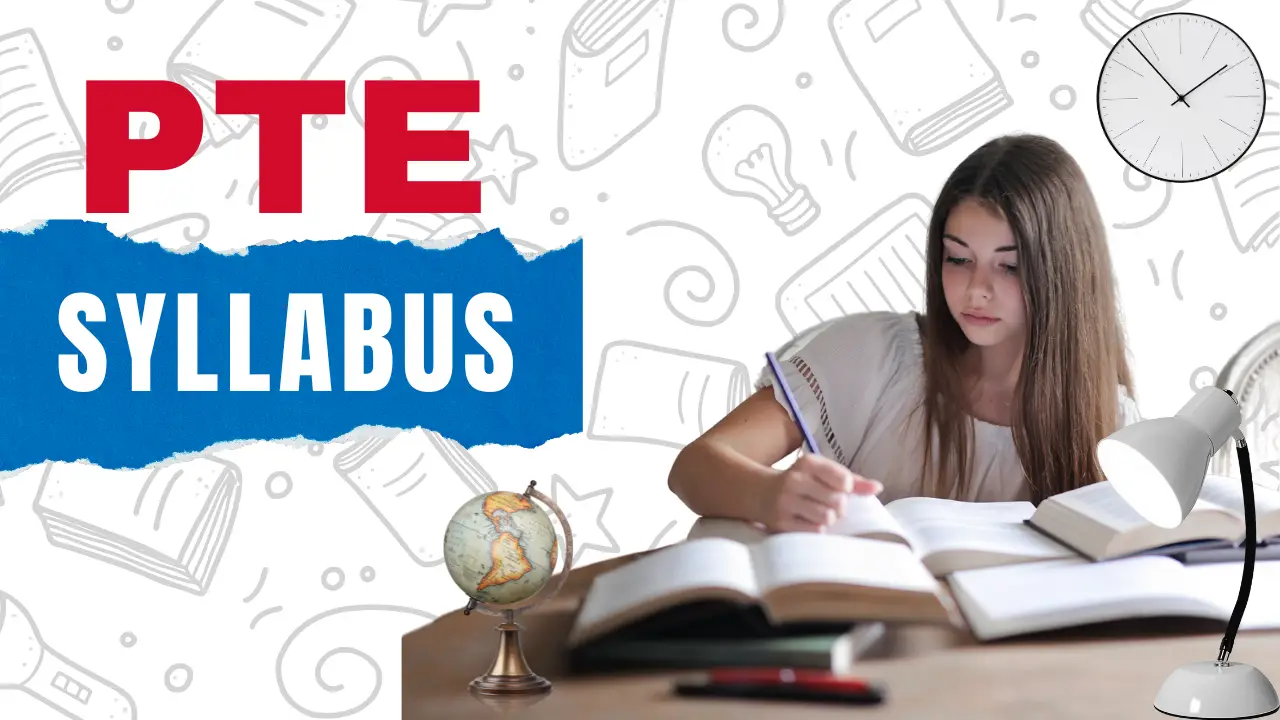
Overview
INTERNATIONAL ENGLISH LANGUAGE TESTING SYSTEM
What is IELTS?
The International English Language Testing System (IELTS) is a globally recognized English proficiency test designed to assess the language skills of individuals who want to study, work, or migrate to English-speaking countries. Launched in 1989, it evaluates four key areas: Listening, Reading, Writing, and Speaking.

Why Take IELTS?
- Acceptance: Accepted by over 11,000 organizations globally, including universities, employers, and immigration authorities.
- Countries Requiring IELTS: Major destinations like the UK, Canada, Australia, New Zealand, and the USA require IELTS scores for visa or admission purposes.
IELTS Types:
- IELTS Academic: For students applying for higher education.
- IELTS General Training: For work experience, migration, or training programs.
IELTS Registration: Step-by-Step Process
- Visit the Official IELTS Website: Go to the IELTS website or the official test partner's page (British Council, IDP).
- Create an Account: Register with a valid email address.
- Select Test Type: Choose between Academic or General Training.
- Choose Test Location and Date: Find an available test center and date that suits you.
- Complete Application Form: Fill in personal details and upload necessary documents (e.g., passport).
- Pay the Fee: Submit payment via credit card, debit card, or other available methods.
- Confirmation Email: Receive your test details and confirmation via email.
 Exam Fee Structure
Exam Fee Structure
- The fee ranges from ₹15,000 to ₹16,500 (approximately $210–$230), depending on the location and mode of examination.
 Mode of Exam
Mode of Exam
- Paper-Based Test: Traditional format for Reading, Writing, and Listening, with Speaking conducted face-to-face.
- Computer-Based Test: Faster results (3-5 days); Speaking is still face-to-face.
 Age Limit
Age Limit
- There is no strict age limit; however, it is recommended for individuals aged 16 and above.
 Who Can Take the Exam?
Who Can Take the Exam?
- Students planning to study abroad in English-speaking countries.
- Professionals seeking work visas or employment in English-speaking regions.
- Immigrants applying for permanent residency in countries like Canada, the UK, and Australia.
Key Details to Remember
- Score Validity: IELTS scores are valid for 2 years.
- Scoring Scale: 0-9 bands, with most universities requiring a minimum of 6.0–7.0 bands for admission.
- Frequency: Conducted up to 4 times a month.
- Preparation: Candidates are encouraged to take mock tests and enroll in preparation courses for better results.

IELTS Key Modules and Syllabus Overview
| Module | Duration | Format | Content | Skills Assessed |
|---|---|---|---|---|
| Listening | 30 minutes | Four sections with 40 questions | - Section 1: Social context conversation - Section 2: Monologue - Section 3: Academic discussion - Section 4: Lecture |
Understanding main ideas, details, opinions, attitudes, and purpose |
| Reading | 60 minutes | Three long passages with 40 questions | - Academic IELTS: Texts from journals and books - General Training IELTS: Texts from ads, manuals, or newspapers | Reading for gist, detail, inferences, and recognizing opinions |
| Writing | 60 minutes | Two tasks: Task 1 and Task 2 | - Task 1 Academic: Data interpretation (charts, graphs) - Task 1 General: Letter writing - Task 2: Essay writing (argument or problem-based) | Coherence, grammar, vocabulary, task achievement |
| Speaking | 11–14 minutes | Face-to-face interview with the examiner | - Part 1: Introduction - Part 2: Short speech on a topic - Part 3: Discussion based on Part 2 topic | Pronunciation, fluency, coherence, and grammar |
What is TOEFL?
- Full Form: Test of English as a Foreign Language.
- Introduction: TOEFL was first introduced in 1964 by the Educational Testing Service (ETS). It measures the English proficiency of non-native speakers.
- Purpose: The test assesses candidates’ ability to use and understand English in an academic context, making it a requirement for admission to universities abroad.

1. Create an Account:
- Visit the ETS TOEFL official website
- Sign up with an email ID and create a profile.
2. Choose Exam Mode:
- Select TOEFL iBT (Internet-based test) or TOEFL Essentials.
3. Select Test Date and Center:
- Pick your preferred date and location (for TOEFL iBT).
4. Pay the Fees:
- Complete payment via credit card, debit card, or PayPal.
5. Confirm Registration:
- Receive a confirmation email with test details.
 Fee Structure
Fee Structure
- Exam Fee: $185–$200 (varies by country).
- Rescheduling Fee: $60.
- Late Registration Fee: $40.
Additional Services:
- Additional score report: $20 per institution.
- Speaking or writing review: $80 per section.
 Exam Details
Exam Details
Exam Mode:
- TOEFL iBT (Online at a center or home).
- TOEFL Essentials (Shortened version of iBT).
Age Limit:
- No official age limit, but recommended for candidates aged 16 and above.
Countries Requiring TOEFL
- Universities in the USA, Canada, Australia, New Zealand, and several European and Asian countries accept TOEFL scores.
Who Can Take the Test?
- Students applying for undergraduate, postgraduate, or doctoral programs in English-speaking countries.
- Professionals requiring English certification for work or immigration purposes.
Important Features
- Score Validity: TOEFL scores are valid for two years.
- Scoring Range: 0–120, divided into 4 sections: Reading, Listening, Speaking, and Writing.
- Test Duration: Approx. 3 hours.
Benefits of TOEFL
- Recognized by over 11,500 institutions across 160+ countries.
- Accepted widely for student visas and scholarships.
- Offers flexible test dates year-round.
Detailed Overview of TOEFL Modules
1. Reading Module
- Content: Academic passages from textbooks.
- Skills Tested: Main ideas, inference, vocabulary usage, sentence structure, and purpose.
2. Listening Module
- Content: Classroom discussions, lectures, and real-life conversations.
- Skills Tested: Listening for gist, understanding details, and identifying speaker's tone or attitude.
3. Speaking Module
- Tasks:
- Independent: Express opinions on a familiar topic.
- Integrated: Summarize and respond to information from reading or listening materials.
- Skills Tested: Fluency, coherence, pronunciation, and grammar.
3. Writing Module
- Tasks:
- Integrated Task: Write based on a combination of reading and listening.
- Independent Task: Compose an essay expressing a personal opinion.
- Skills Tested: Idea organization, language usage, and clarity.
TOEFL syllabus and its modules:
| Section | Purpose | Question Types | Duration | Scoring |
|---|---|---|---|---|
| Reading | Measures ability to understand and analyze academic texts. | 3-4 passages (10 questions each). | 54-72 mins | 0-30 |
| Listening | Evaluates understanding of lectures and conversations in academic settings. | 3-4 lectures (6 questions each), 2-3 dialogues (5 questions each). | 41-57 mins | 0-30 |
| Speaking | Tests ability to speak on familiar topics and academic situations. | 4 tasks: 1 independent, 3 integrated (based on reading/listening). | 17 mins | 0-30 |
| Writing | Assesses ability to write well-structured essays. | 2 tasks: 1 integrated (reading/listening) and 1 independent. | 50 mins | 0-30 |
Overview
Pearson Test of English Academic (PTE Academic)
Introduced: The PTE Academic was launched in 2009 by Pearson PLC Group.
The PTE is a computer-based English language proficiency test that evaluates listening, reading, speaking, and writing skills. It is specifically designed for students and professionals seeking to study, work, or migrate to English-speaking countries.

PTE Registration Step-by-Step Process
1. Create an Account:
- Create an Account: Visit the official Pearson PTE website and create an account using personal details like name, email, and contact information.
- Login and Select Test Type: Choose between PTE Academic (for academic purposes) or PTE Academic UKVI (for UK-specific visa requirements).
- Choose Test Center & Date: Select a nearby test center and a preferred exam date based on availability.
- Pay the Fee: Complete the payment process using the available payment methods.
- Confirmation: You’ll receive a confirmation email with the test date, center details, and instructions.
| Feature | Details |
|---|---|
| Fee Structure | Approximately ₹15,900 – ₹16,700 (varies by region and currency rates). |
| Exam Mode | Fully computer-based. |
| Age Limit | Minimum age: 16 years. (Parental consent required for those under 18). |
| Countries Accepting | USA, UK, Canada, Australia, New Zealand, and many European countries. |
| Eligibility | Open to anyone regardless of academic background. |
| Duration | Around 2 hours. |
| Scoring System | Graded on a scale of 10-90, with a detailed skill breakdown. |
Why Take the PTE?
- Fast Results: Results are typically available within 48 hours.
- Unbiased Scoring: AI-driven scoring ensures complete objectivity.
- Flexible Scheduling: Choose from test dates throughout the year.
- Global Recognition: Accepted by thousands of institutions and government agencies worldwide.
Countries Requiring PTE
The PTE is widely accepted in English-speaking nations for study, work, and immigration purposes. Key destinations include:
- USA
- UK
- Australia
- Canada
- New Zealand
- Some European countries like Germany and France (specific programs).
PTE Syllabus Overview
The Pearson Test of English (PTE) evaluates candidates on four language skills: Speaking, Writing, Reading, and Listening. The test structure ensures a comprehensive assessment of English language proficiency, especially for academic and professional purposes.
Key Highlights
- Integrated Skills: Many sections assess multiple skills simultaneously (e.g., Speaking & Writing tasks).
- Automated Scoring: AI-driven scoring ensures consistent and objective results.
- Time Management: Modules are timed to test both proficiency and efficiency.
PTE Syllabus and Module Breakdown
| Module | Task Types | Skills Assessed |
|---|---|---|
| Speaking & Writing | Read Aloud, Essay Writing, Repeat Sentence | Speaking fluency, grammar, writing. |
| Reading | Multiple-choice, Re-order Paragraphs, Fill Blanks | Comprehension, vocabulary, grammar. |
| Listening | Summarize Spoken Text, Highlight Incorrect Words | Listening, summarization, attention. |


















